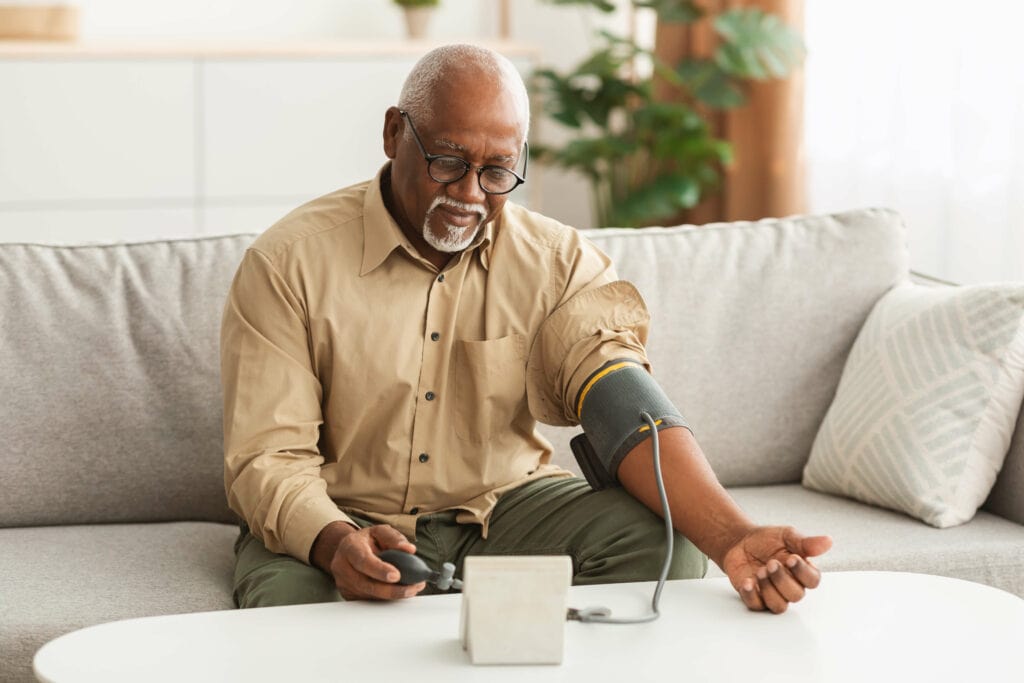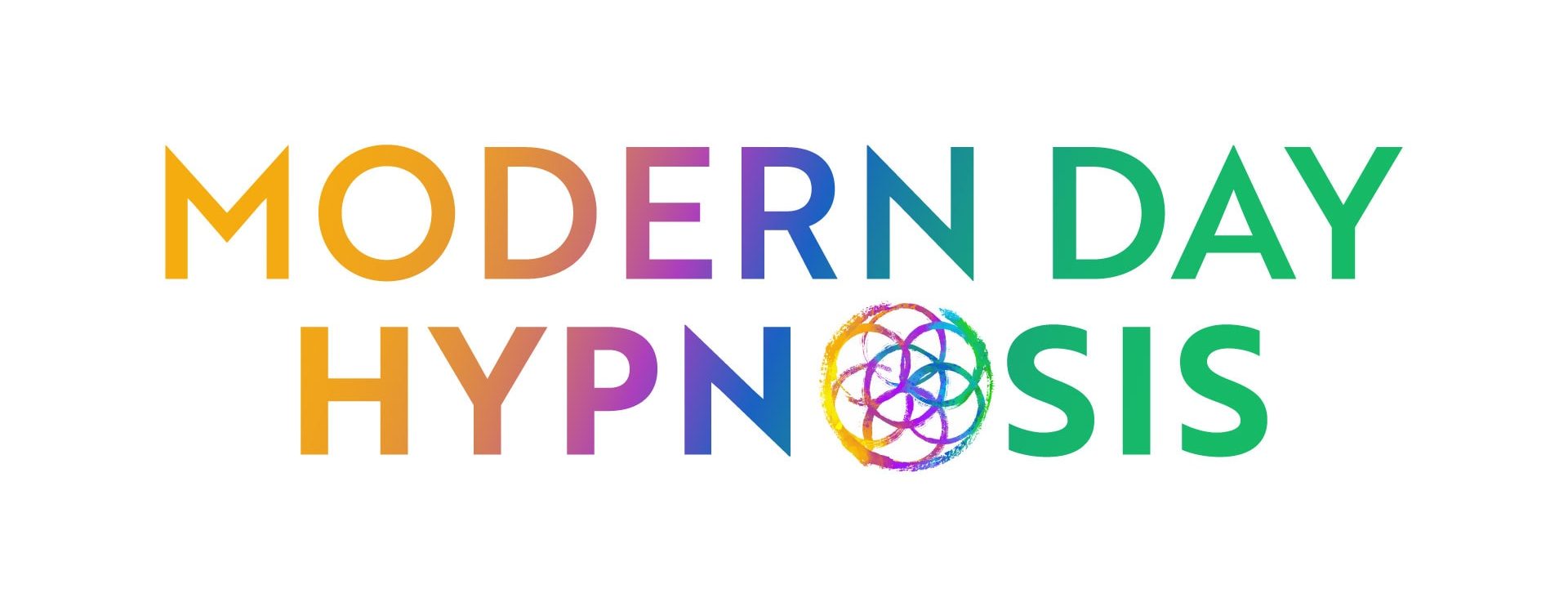Why You Should Use Self-Hypnosis To Address High Blood Pressure

Many factors can affect heart health and contribute to high blood pressure, or hypertension, such as family history, lifestyle choices, age, environment, and other medical conditions. Stress and associated habits often used to reduce fatigue, including alcohol and tobacco use can also profoundly impact blood pressure. Case studies show that self-hypnosis effectively reduces short-term and long-term hypertension.
What is high blood pressure?
As the heart contracts, it pumps blood through the arteries, carrying oxygen and nutrient-rich substances to cells in other parts of the body. The force of that movement applies pressure to the arteries’ walls. When blood pressure is elevated, the heart requires greater effort to pump blood and force it through the vessels.
Healthy arteries expand as the heart beats, reducing pressure on the artery wall. However, substances, such as cholesterol and proteins create deposits called plaque on the cell walls. Plaque reduces elasticity and makes the heart work harder.
What are the risks of high blood pressure?
Over time, high blood pressure can damage arteries and organs. In addition to causing strokes and heart attacks, hypertension creates complications that lead to other system malfunctions, including:
- Vision loss
- Kidney failure
- Fluid buildup in the lungs
- Erectile dysfunction
Is self-hypnosis effective in reducing hypertension?
Self-hypnosis is a technique that can be used in a wide variety of applications, including the management of high blood pressure. A case study conducted at the University of Paris involving 30 participants compared the blood pressure rates between individuals who participated in hypnosis and those in the control group. It revealed that those assigned to eight hypnosis sessions experienced reduced blood pressure rates compared to individuals in the control group without hypnosis.
While the study examined the efficacy of hypnosis on primary or essential hypertension specifically, another study conducted by the faculty of psychology at Titu Maiorescu University and Bucharest University in Romania examined the outcome Ericksonian hypnosis has on both primary and secondary high blood pressure. Participants in the psychotherapeutic trial reported an overall improvement in their quality of life and reduced hypertension.
There are distinct differences in the factors that contribute to essential and secondary hypertension.
Primary Hypertension
Primary hypertension can occur as the result of lifestyle choices, physiological changes, and familial heredity. Some examples of primary hypertension causing circumstances include:
- Age
- High salt diet
- Obesity
- Family history
- Excessive alcohol use
Secondary Hypertension
Secondary hypertension has an identifiable cause related to another medical condition, such as:
- Medication side effects
- Adrenal gland disease
- Sleep apnea
- Hormone abnormalities
What are the benefits of using self-hypnosis?
Learning how to control your blood pressure through self-hypnosis offers many benefits.
- It’s a mobile technique that you can practice on your own time and where you feel most comfortable.
- There’s a money-saving advantage because you don’t need to see a hypnotherapist to experience the benefits.
- You develop greater self-awareness about your subconscious mind and the triggers that affect blood pressure.
- Improved health conditions beyond lowered blood pressure include reduced stress levels and a more positive outlook.
Discover the power of self-hypnosis in addressing hypertension and overcoming stress-related physiological changes it creates. Start your journey towards a healthier lifestyle by learning self-hypnosis through Self-Applied Hypnosis Techniques. By accessing this program, you’ll have all the material you need to become your best hypnotist and crush your wellness goals.
- About the Author
IACT Trainer:
The International Association of Counselors and TherapistsDEHI Trainer:
The Dave Elman Hypnosis InstituteNGH Hypnotist:
The National Guild of HypnotistsIACT Hypnotist:
The International Association of Counselors and TherapistsIMDHA Hypnotist:
The International Medical and Dental Hypnotherapy Association
Hypnosis
Have You Tried It Yet? It Really Works!
